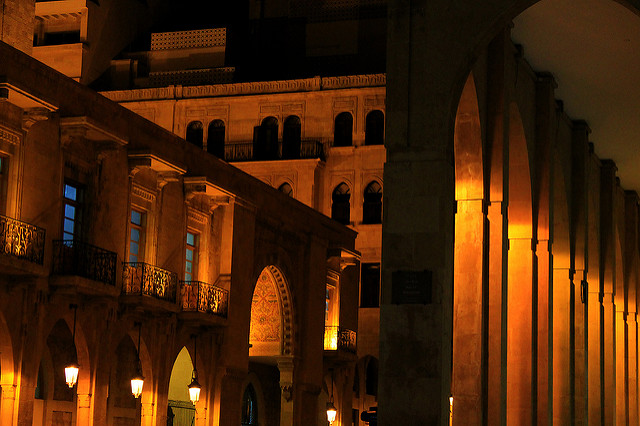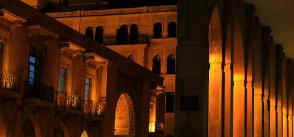
Power cuts in Lebanon could become a thing of the past thanks to this invention
When Antoine Saab made the decision to return to Lebanon in 2010 after several years in Canada and Saudi Arabia, he was picturing the high life.
“I decided to take it easy and stop my crazy startup stuff, I decided to come back to Lebanon, sit at the pool, smoke a cigar and relax,” Saab says. This came after two decades in engineering, including a stint as the CEO of Turbine Energy, a startup owned by Saudi Arabia’s Prince Saud bin Fahd bin Abdul Aziz’s National Trigeneration CHP Company.
He had the opportunity to renew his contract for another two years, but decided to go home to Lebanon instead. Family played a big part in his decision—after many years abroad, he realized that he had been away from family and friends for years.
But like all Lebanese he became frustrated by the daily power outages. The war had damaged the electrical infrastructure, and the country never fully recovered. Those who could afford it supplemented the government’s energy ration with a private generator.
Saab’s coffee machine-alarm clock was useless. “It has a timer that wakes you up at 7 o’clock,” Saab says. “It brews your coffee immediately and wakes you up. When I plugged it in Lebanon, with the power failure it woke me up at 10:30.”
He developed an energy storage system in response that collects and reserves electricity from solar panels or the grid, so residents don’t have to use a gas-guzzling generator, which produce dangerous emissions. He decided to set up his own company, named in honor of its goal to make sure people have energy 24 hours a day—and E24 was born.
Read the full article by Carla Sertin via Forbes Middle East.
[Photo by rabiem22 | Flickr]







